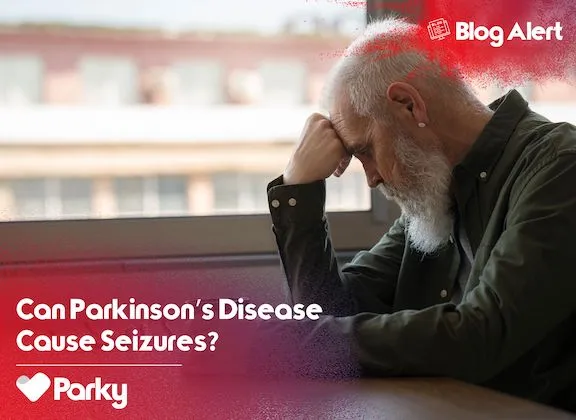
Parky is an FDA-cleared, Apple Watch-based symptom monitor for Parkinson’s disease. Parky empowers individuals to take better control of their condition, fostering a more informed and proactive approach to care.

Focus on living, not just management
Managing complex treatment routines, tracking effectiveness, and staying on top of life—it’s a full-time job. Parky effortlessly integrates motor symptom monitoring, step counting, medication reminders, and provides comprehensive reports into daily routine for a user-friendly approach.
Parky uses the Apple Watch to passively monitor and record motor symptoms while it is worn, enabling timely interventions and leading to more effective care.
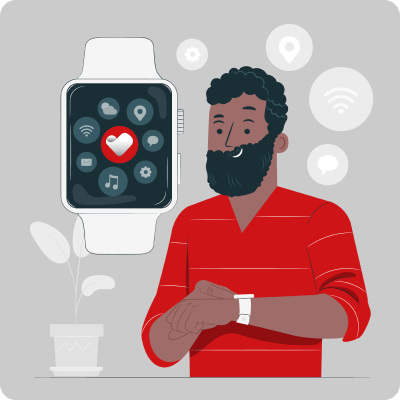
Parky provides comprehensive reports by correlating motor symptoms with medication schedules, aiding in more informed decisions.

Parky allows setting up reminders for medications, keeping individuals on track with medication and physical activity.
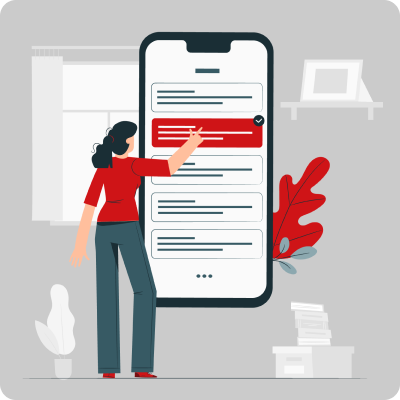
Parky’s data-driven insights can foster effective and informed conversations between individuals and their healthcare team.
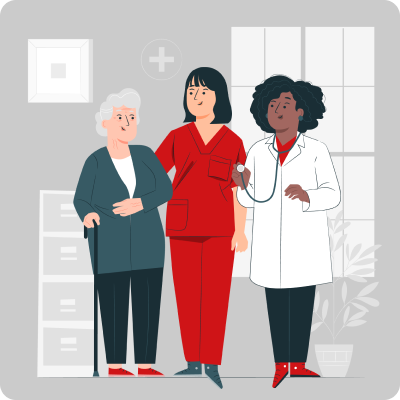
Master your health, master your life!
Managing Parkinson’s disease is a full-time commitment, and Parky is your dedicated support. It empowers both people living with Parkinson’s and healthcare providers with valuable data for informed treatment plans and lifestyle decisions.
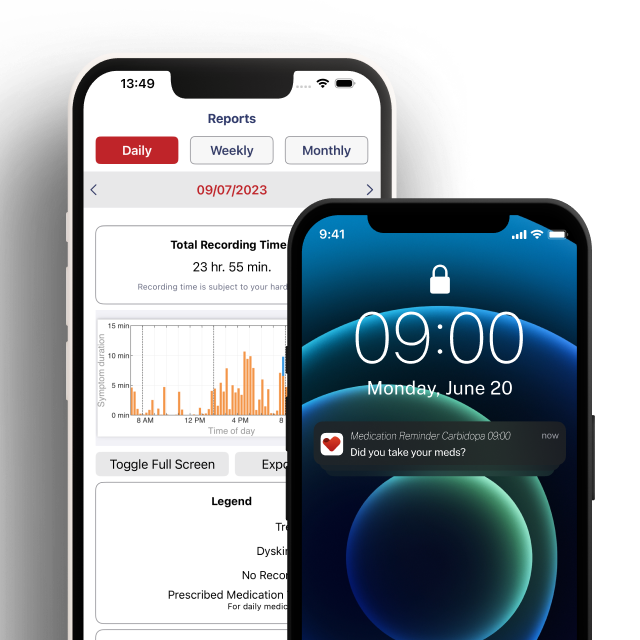
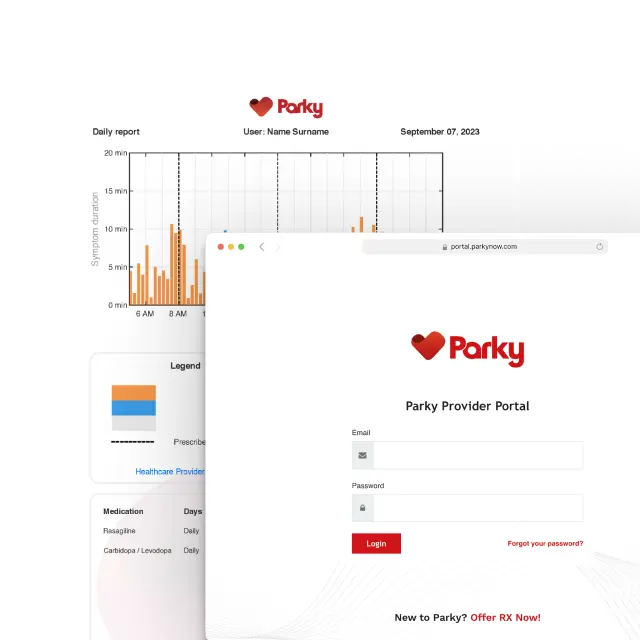
Elevate care, empower health!
Harnessing the Apple Watch and an FDA-cleared algorithm for precise remote monitoring, Parky provides insights that offer the full picture with ease, enabling more informed decisions and personalized care for your patients.